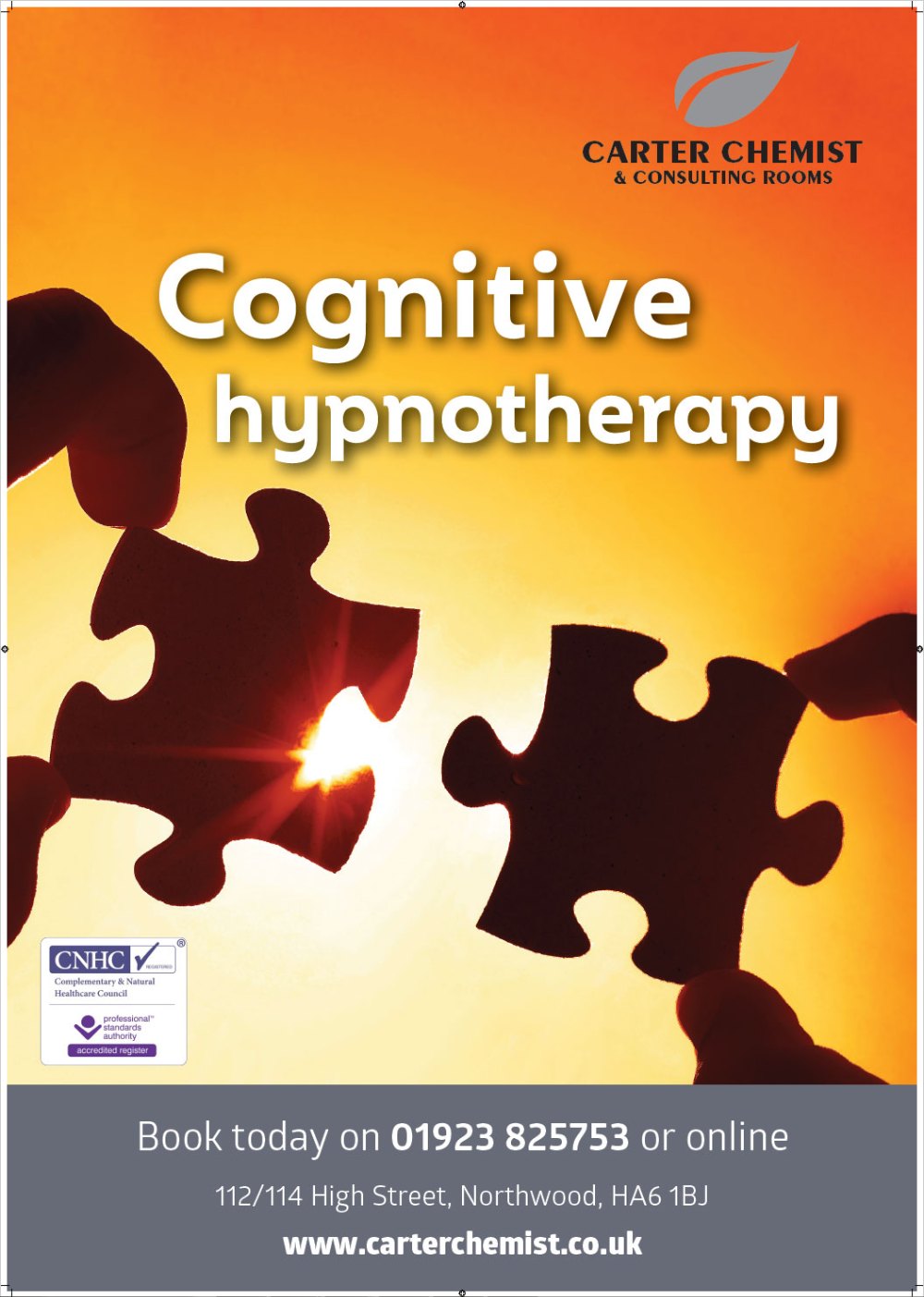What causes addictions?
A lot of addictions develop as a way of coping with unwanted feelings or thoughts. This distracts us from an unhappy past or present and can create a powerful unconscious dependency that will lead us to want more. We may feel we have a short-cut to feeling good or coping, but protracted use of any substance or behaviour that circumvents the underlying causes will always lead to deeper suffering somewhere down the line.
How context can drive addictive behaviour
There is a fascinating case study of addiction involving US servicemen during the Vietnam War, 19% of which had developed a heroin addiction. After the war, Nixon’s government was anxious as to how to accept these brave but damaged men back into society; wouldn’t they end up as criminals feeding their addictions? He needn't have worried. 95% of the soldiers immediately stopped once they returned to their families. The 5% who remained addicted had less or no family support and no life to go back to. Once the context of war had been removed, most men went back to a life free of addiction, as if they could psychologically sidestep the physical dependency.
How addictions can affect you
While there is evidence to suggest that addiction is genetic, usually environmental factors play a large role, such as being in peer-group of other addicts. However, the effort it takes to maintain an addiction can, in the long run, become just as exhausting as facing up to the need to recover. Admitting you have a problem is recognised as the first big step toward recovery.
You may need help if;
- you often feel that you have uncontrollable cravings
- you get into trouble because you can’t control your behaviour
- other people warn you about concerns they have about your problem
Experiencing the following withdrawal symptoms suggests you may need medical assistance before quitting for good;
- anxiety
- sweating and tremors
- nausea or retching in the morning
- vomiting
- hallucinations
- seizures or fits
Sometimes what a person thinks of as a physical addiction is usually a psychological habit that the unconscious mind is not ready to let go of, as addicts need to use some substance or behaviour to help them cope. Often people suffering from addiction of any kind create logical loopholes around their guilt to maintain their habits. Because addiction is a symptom of the unconscious mind trying to deal with a problem, people find that they are very reluctant to let go, automatically finding excuses to continue, even though on a conscious level they know it’s killing them!
It’s not uncommon to hear;
"I'm so stressed; I need to smoke"
"My father was addicted and I'm addicted... it runs in the family"
"The thing is I have an addictive personality"
"This just hasn't worked for me"
"I like a drink! So what? I'm not harming anyone!"
And most tragically of all;
"I'm not addicted! I can quit whenever I like!"
Seeking help for the psychological underpinning of a problem is essential to successful recovery, because as long as there is a need to escape, there will always be a need for the addiction.

Northwood
Greater London
HA6 1BJ